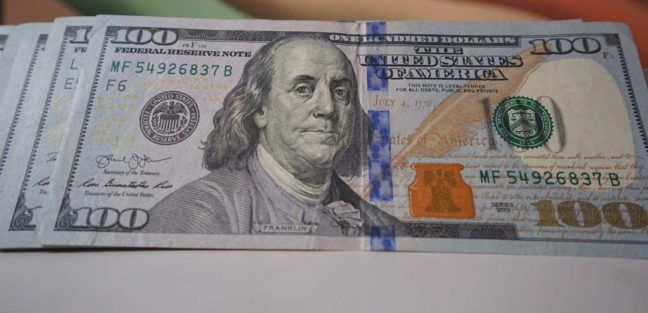When getting divorced, many questions crop up, especially surrounding retirement benefits. Perhaps you are a woman wondering, “What are my rights if my husband wants a divorce?”. Another common concern is where to find a knowledgeable divorce lawyer. Today, we’ll be looking at spousal rights to pensions after a divorce.
But if pensions don’t apply to you, click here to learn how to protect your 401(k) in a divorce.

What Does Virginia Law Say About Property Division?
Virginia recognizes two kinds of property in divorce proceedings—separate and marital. Let’s look at the differences.
Separate property is the property that one spouse acquired before the marriage began. An example would be a car that the husband had owned before he got married. Upon divorce, this vehicle would still be the husband’s property.
As the name suggests, marital property is the property you acquired during the marriage. Both the husband and the wife have equal claim to it. For example, if a husband and a wife purchased a home together after the wedding, it is marital property.
What Happens To Pension Payments In A Divorce?
So, where do pensions fall—separate or marital? It depends on when the spouse worked for the company and when the pension was started or finished.
Let’s examine three everyday situations below:
Before he was married, Tom used to work at MCA corporation. He was employed there for three years and then started a different job before getting married. Tom now receives a pension from MCA corp that pays him three hundred dollars monthly. Because this was all earned before the marriage began, this is separate property and is one hundred percent Tom’s.
Here is a second scenario. Tom worked for MCA corp for ten years. He started working there while he was married and remained married the entire time he worked there. Tom is now retired, and his pension pays four hundred dollars per month. Because he earned the entirety of the pension fund during his marriage, the state of Virginia will consider it marital property. The spouse is entitled to up to fifty percent of the pension amount, in this case, two hundred dollars per month.
Lastly, we’ll examine a more complex situation. Tom worked at MCA for five years before being married, all the while contributing to his pension. Then Tom got married and continued working there for an additional five years, again all while still contributing to his retirement. He is now retired and receives a pension of eight hundred dollars a month.
The non-pension spouse is entitled to up to twenty-five percent of Tom’s pension, half of half essentially. Because he worked there five years before the marriage and five years after, they can divide it equally, fifty-fifty, and then the spouse is entitled to up to fifty percent of that amount.
Lastly, when talking about retirement accounts, they are treated similarly to pensions. You can read more if you’d like to know more about how to protect your 401(k) in a divorce.
Final Thoughts
Just because a spouse didn’t work for the same company and their name is not on the pension check does not mean that they are not entitled to some pension benefits. As outlined above, a spouse can receive pension benefits in specific scenarios even after a divorce.
These are complicated situations that require complex knowledge. Therefore it is of the utmost importance to seek the help of a qualified legal professional before considering the division of assets in a divorce.



